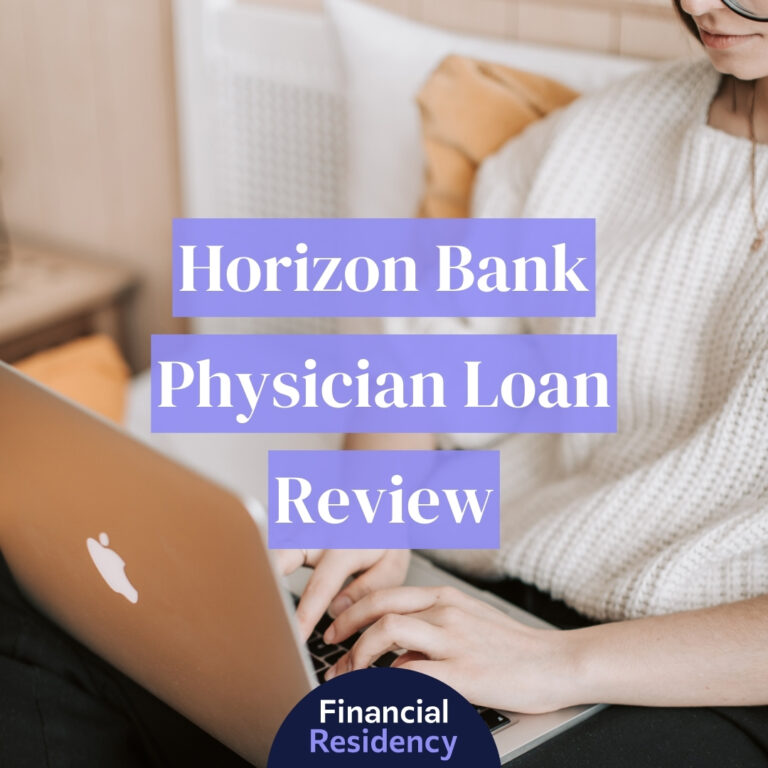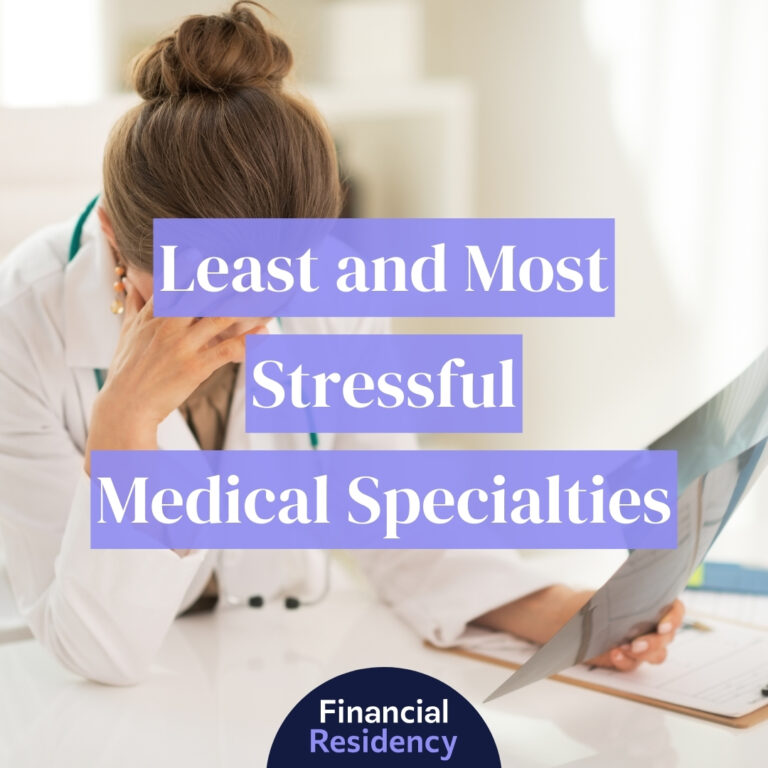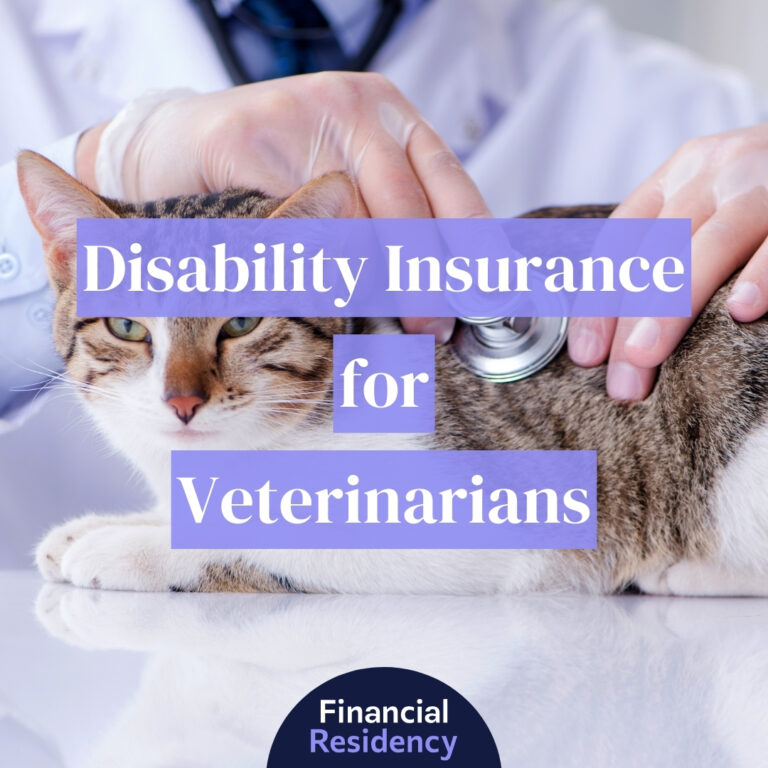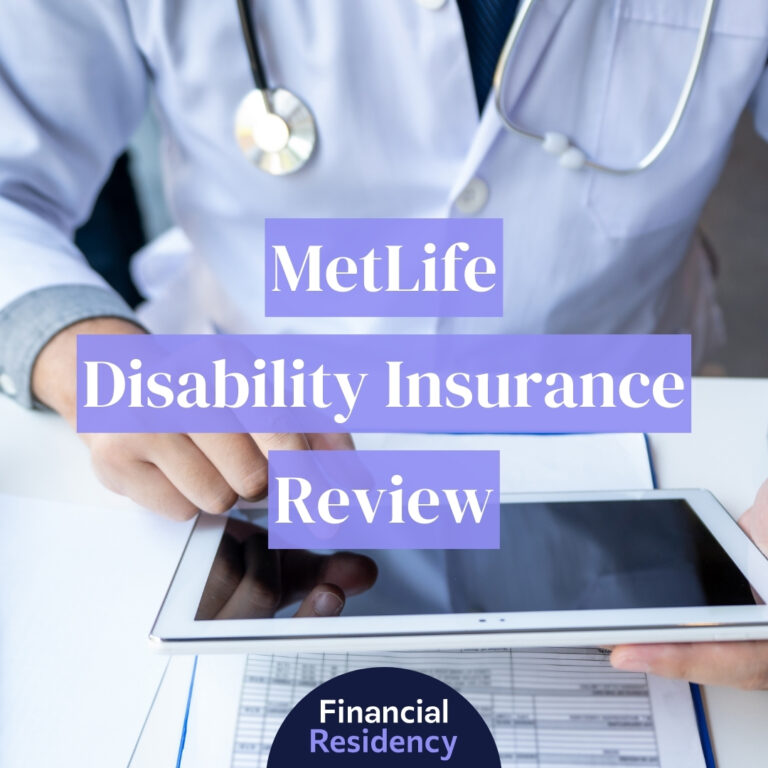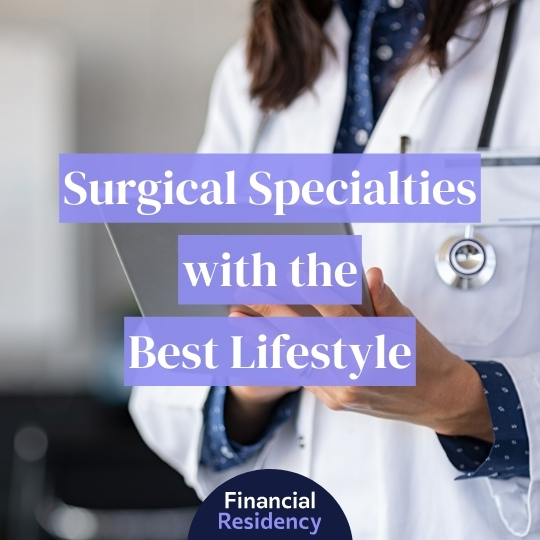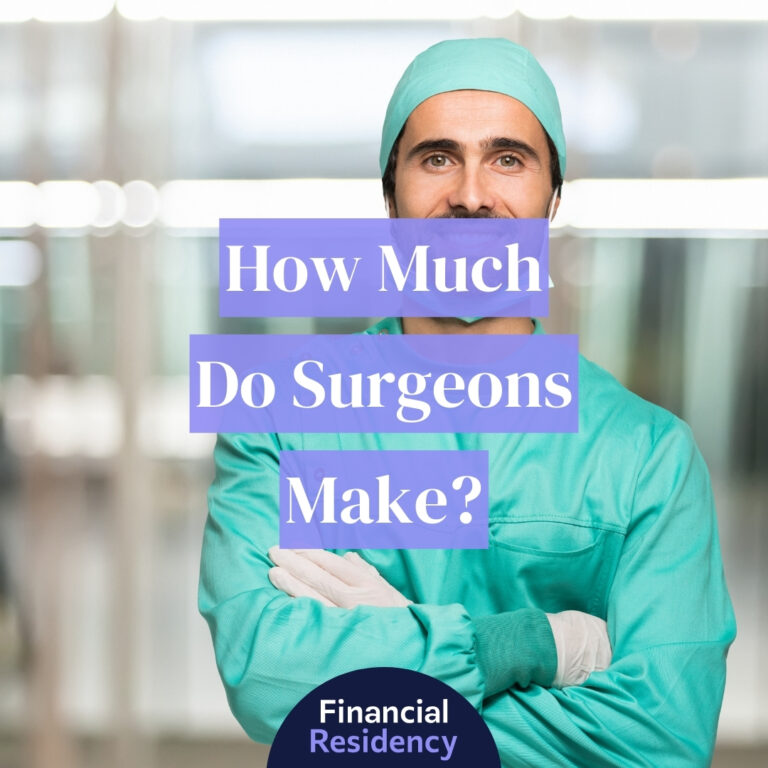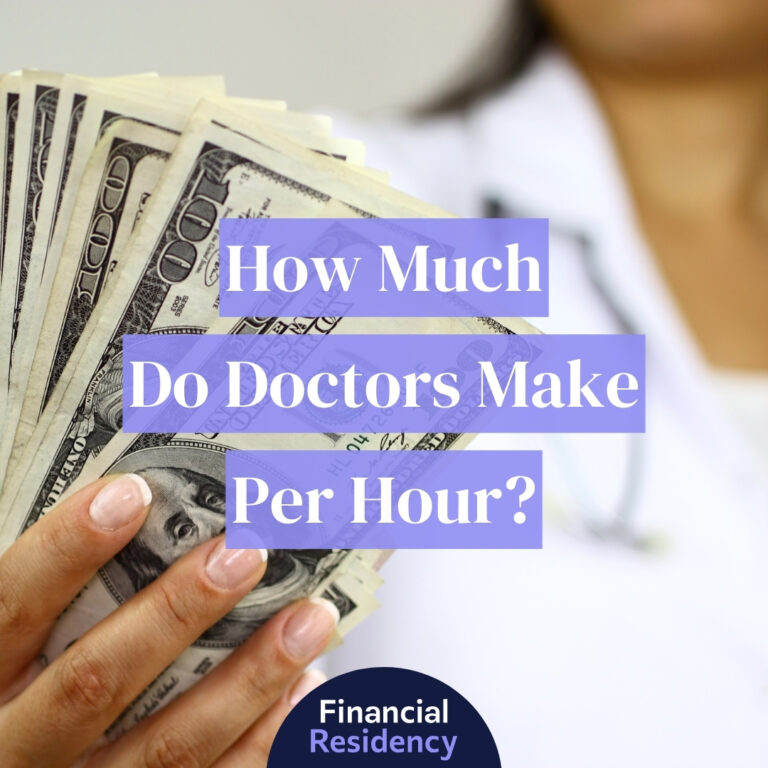Financial Residency partnered with an anonymous foundation to give away $65,000 in scholarships over Thanksgiving 2020.
We originally set out to give ten scholarships of $5000 each, but due to the generosity of our anonymous sponsor, we were able to exceed that and award 13 lucky recipients $5000 each to help them on their medical journeys.
This was a really special opportunity for us. Meet the recipients below.
Meet the recipients
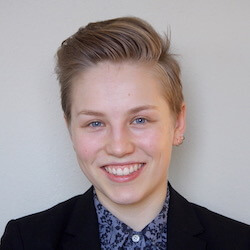
Ren Bruguera
While working as a medical assistant at a reproductive health clinic, I noticed regular misgendering of transgender patients and disorganized attempts to connect these patients with needed services. I later grappled with coming out as a non-binary person in this environment, where my gender-neutral language presented evident challenges to those around me. It became clear that addressing barriers to equitable health care environments lies in more than providing medical services. It requires deliberate recognition of the experiences and biases faced by marginalized groups, like LGBTQ+ people, Black people, people of color, and indigenous people — both on the patient and provider ends. It requires flexibility in our perspectives, language, and understanding of the biases woven throughout our scientific knowledge.
My educational and career goal is to push myself, my colleagues, and my future students to explore firstly how individuals’ identities and histories inform their health and wellbeing, and secondly how to use our platform in medicine to re-distribute power into the hands of those from whom it has been taken. Clinically, I hope to pursue this by practicing Family Medicine with a focus on sexual health and gender-affirming care for low-income LGBTQ+ youth. I also aspire to be an educator, guiding health care students and professionals in listening louder than we speak, and embracing perspectives beyond our own experiences. I plan to expand on presentations I have delivered in medical school including the treatment and mistreatment of LGBTQ+ people in the field of psychiatry, and how to take gender-inclusive sexual histories.
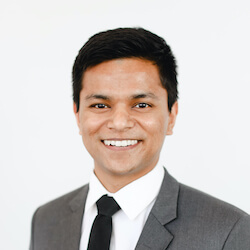
Ribesh Shrestha
I stared at the MRI image as the hospitalist relayed the findings. “Basilar artery stroke with infarcts to the thalamus, pons, and midbrain.” My heart sank. We stepped into the ICU room and I stood as the physician explained the findings to the family. I watched as the patient’s chest rose and fell in sync with the ventilator. The hospitalist continued his explanation, but I knew the patient’s wife would not understand. Tears filled her eyes and dripped down her face. This was not another patient encounter for me: this was my father. My goals in medicine stem from my experiences in the ICU, not as a student, but as a family member. My biggest goal is to help my patients understand the nuances of medicine in a way that is understood. I remember the fear my mother experienced in the ICU and how learning about my father’s condition helped calm some anxiety. My goal is to have patient education to be the cornerstone of my care. Practicing internal medicine allows me to work with patients from different cultures, connect with patients from different socioeconomic backgrounds, communicate with indigent populations, and empathize with patients during hardships. My overall goal to be an empathic physician that my patients can come to with any question about their health. My father passed away on Father’s Day. He never saw me become a physician, yet I know he would be proud of my ability to provide compassionate care to my patients.
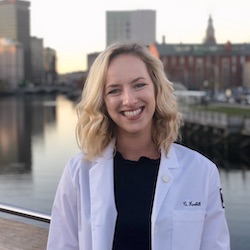
Cicely Krebill
As a second-year medical student I’m still exploring the many fields that medicine has to offer. However, when I think about my future career, I know that I will be in a field where patient advocacy and teamwork is at the core. I want to be able to work with a multidisciplinary team to address the complex needs of patients. Right now, I am most drawn to the field of Physical Medicine and Rehabilitation because it is a field that focuses on the patient’s quality of life and also has procedural aspects. I’m hoping to use the next two years to explore this field and determine if it’s the right one for me. In addition to patient care, I am passionate about getting involved in medical student education and research. Because of this, I see myself at an academic medical center mentoring the next group of medical students and encouraging them to continue to improve the field of medicine. I know my future career will be a mix of different responsibilities, but ultimately, my patients will be the grounding presence at the center.
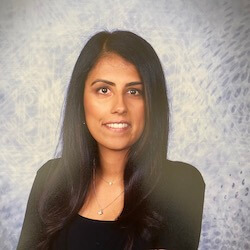
Trisha Kaundinya
I was born with a congenital facial nerve palsy and grew up in offices of neurologists to track my progress. These visits showed me how a patient’s quality of life can improve with compassionate medical care. In high school, I became a global impact fellow for Unite for Sight, a non-profit, and became a certified EMT. These experiences reinforced that medicine was the right profession for me. In undergrad at Northwestern University, my experiences as a resident assistant for freshmen and a research assistant at the Comprehensive Transplant Center allowed me to engage in productive relationships as both a mentor and mentee. My experiences led me to become Northwestern Class of 2020’s student commencement speaker.
I am now in my first year of my MD/MPH at Feinberg School of Medicine. This combination of study is the necessary foundation for me to empathetically address challenges in medicine on a larger scale instead of one-on-one. Patients continue to experience compromising barriers to care related to care coverage and health literacy. Minority and low-income populations struggle to have access to the same primary care and specialized medical needs that upper middle class populations do. Patients are universally overwhelmed by medical jargon and terse diagnosis deliveries, with limited capacities to comfortably engage with clinicians.
I hope to tackle the “machine” that medicine is starting to become by going into a multidisciplinary field in academic medicine that is full of ethical questions, policy decisions, and clinical research studies to be asked, tested, and answered.
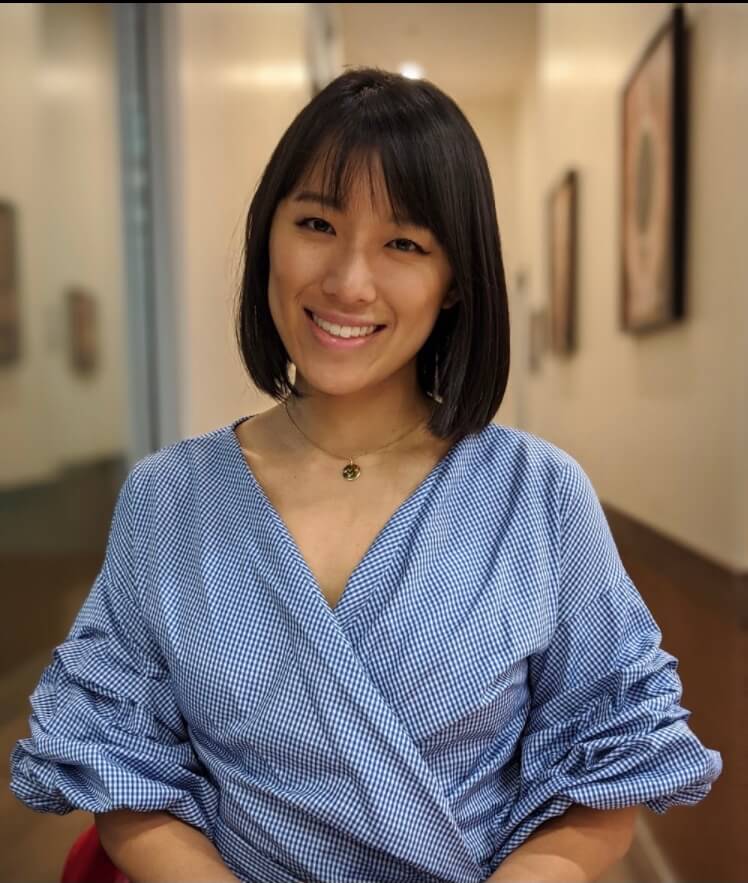
Jia Pamela Guo
After graduating college, I worked as a scribe in a geriatric medicine clinic. Here, I first encountered mental illness. I still recall “Jane”, a Cambodian immigrant. She sat with her eyes downcast as her son described her depressed mood exacerbated by an inability to speak English and social isolation. Her physician prescribed an antidepressant and recommended a local Cambodian community center. At her follow-up visit, I was shocked to see her eyes were a beautiful hazel, rather than the black I assumed, for this was the first time she made eye contact with us. My experiences in this clinic led me to pursue medicine.
Then, during medical school, I encountered another facet of mental illness when my father became depressed. I cringed when my mother equated depression with “not being a man”, and despaired when my father refused to see a doctor until near suicide. In our traditional Chinese family, societally-imposed and self-internalized beliefs regarding stigma (“saving face”) and lack of education about mental illness delayed treatment initiation and support in times of need. Now, I choose psychiatry as my career path because as a first-generation Chinese immigrant, I believe I have the unique position to draw on my cultural heritage and immigrant background to confront stigma and inequities in minority mental health. Therefore, my educational goals center on cultivating skills to serve not only as a clinician, but also as an educator, advocate and leader to empower patients and their families–all the “Janes”, “Dads”, and more in our world.
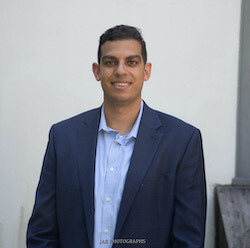
Martinus Megalla
Working at my father’s deli in high school taught me important lessons about business and how to deal with people. Although I always knew I wanted to pursue a career in medicine, I decided to major in Economics in college. Even then, I knew that medicine embodied more than simply understanding basic science and disease processes. One of the main reasons I decided to attend Hackensack Meridian School of Medicine is that this thinking is integrated directly into the curriculum.
When I began medical school, I wanted to merge my interest in business and personal finance with medicine. As a result, I started the Business in Medicine interest group. My goal was to have industry leaders and multidisciplinary professionals discuss topics that are integral to medicine, but often absent from medical school curriculums. In doing so, we were able to hear from financial advisors, medical malpractice lawyers, CEO’s, and presidents of healthcare networks. These discussions allowed us to understand the healthcare system from a different perspective and connect these ideas to patient care. My goal is ultimately to help implement changes at a systems level to improve patient outcomes and optimize how we care for our patients. I believe that approaching medicine in this manner will also allow me to effectively advocate for patients and provide them with resources to help them navigate our healthcare system. I hope to continue exploring these ideas and to implement them throughout the next stages of my medical education and career.
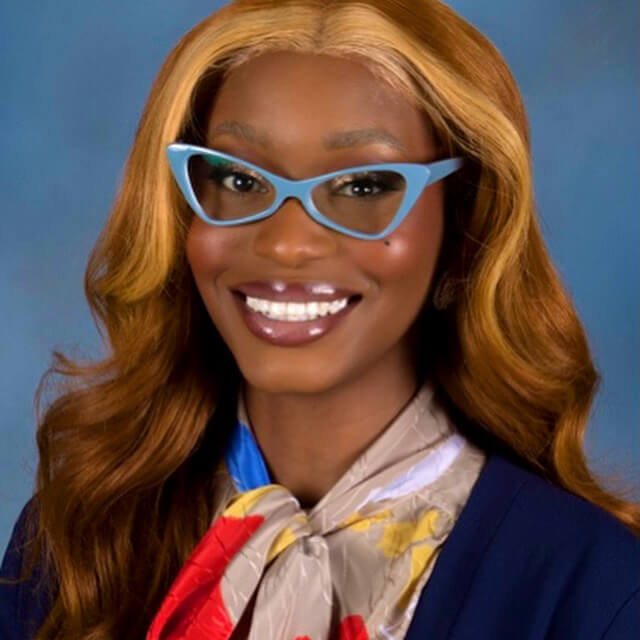
Farrah-Amoy Fullerton
I am an aspiring pediatrician with interests in medical education, health equity, and anti-racism. I understand that medicine is people’s work not diagnostic work, where the patient matters more than the labs and tests. When clinical medicine can’t do any more to help your patient but society can, social advocacy becomes the standard of care. It is a privilege to work with children and families of all backgrounds, build professional relationships with them by developing rapport, and dedicate my graduate medical education to providing comprehensive, quality healthcare.
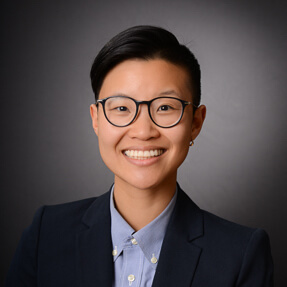
Esther Kang
As a nonbinary immigrant of color, I am firmly committed to caring for individuals from medically underserved communities, including but not limited to: immigrants and refugees, those experiencing homelessness, LGBTQIA+ individuals, and survivors of violence. Additionally, as a former middle school classroom teacher, I have a special interest in caring for adolescents and young adults with complex medical needs and ensuring that these patients continue to have quality care as they transition into adulthood. I hope to train in both combined Internal Medicine/Pediatrics to become a specialist for both adults and children. I am also interested in clinical teaching and mentorship, particularly of students who come from communities underrepresented in medicine, and hope to help increase diversity and inclusion in medicine and medical leadership.
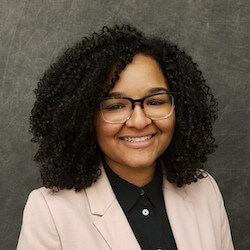
Sabina Spigner
I aspire to serve people of racial, ethnic, gender, and sexual minorities because as a black gay woman I understand firsthand the importance of patient-physician trust and communication. My goals for medical school are to build on my experience and expertise around medical education by collaborating with faculty to increase inclusivity within the curriculum because the more educated students are about social medicine, the better they will be able to care for patients of all backgrounds. Further, I also plan to make a lasting impact for LGBTQ+ patients by researching and contributing to the field of reproductive health given that many LGBTQ+ patients currently experience discrimination or feel uncomfortable with their physicians when discussing topics of sexual health and reproduction.
My career goal is to become a culturally humble physician and an expert in the field of LGBTQ+ healthcare. In addition to serving patients in practice, I hope to conduct research in a field that can contribute to improving patients’ well-being and access to care. Further, I aim to contribute to academic medicine. Playing a role in shaping future physicians’ approaches to care and research will hopefully inspire them to continue working towards becoming the best physicians possible for their diverse patients. While I have many career plans, the primary goal is to become a prominent leader in medicine as a pioneer and voice for the underrepresented. My mission is to become a doctor who provides care that accommodates and impacts every aspect of patients’ lives beyond the clinic.
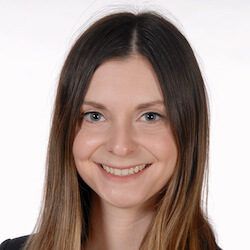
Kelli Stager
I am a fourth-year medical student applying into psychiatry. My interest in psychiatry stems from a desire to learn about the various ways mental health impacts a patient’s life. I am fascinated by the wide spectrum of psychiatric disorders and the ethical considerations that often complicate patient encounters.
When I was nineteen years old, I became a conservator for my twin sister. My sister has cerebral palsy, is nonverbal, and requires 24 hour care. Under the conservatorship, I must make decisions for almost every aspect of my sister’s life including where she lives and what medical procedures she can get. While my family and I try our best, there is a persistent tension between deciding what we believe is best for her health and respecting her autonomy. During many of my psychiatry rotations, I found myself facing similar tradeoffs between patient autonomy and health. For example, during my inpatient psychiatry rotation, I discussed the complexities of whether a patient with schizophrenia and a history of homelessness should be conserved and placed in a psychiatric facility against his will. I believe my experience being a conservator for my sister provides me with the ability to empathize with both the patient and family perspective in balancing autonomy and health.
During my career, I plan to build upon my ability to guide patients and families through decisions that often have no clear answer. I look forward to deepening my understanding of mental health and gaining the skills necessary to navigate complex patient encounters.
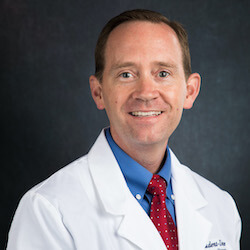
Joshua Briggs
My third year as a medical student has produced a cascade of colorful experiences combining highly skilled professionals and very needy patients. While on clinical rotations, I’ve been privileged to observe, participate and learn from doctors, nurses, and support staff whose skills and years of experience have culminated in positive patient outcomes. Interfacing with patients from all walks of life, each presenting a myriad of complex issues even with a similar diagnosis, who trust your evaluations and resultant protocols for remedies, is a humbling experience and one that I do not take lightly.
Standing out above all else so far has been a combination of surgery and clinical continuity. OB/GYN, especially with my own history involving eight children and three sets of spontaneous twins, draws me to this specialty. All children are miracles but three of ours are especially so and we appreciate our OB-GYN’s compassionate expertise. Our second oldest was PPROM and the first set of twins were PROM. They eventually spent 9 weeks and 7 weeks respectfully in the NICU and are now a very healthy 11 and 9 years old. During my Women’s Health rotation, caring for women and families through various stages of life was an immense joy.
As I continue my professional medical career, one thing I am certain of is a desire to provide exceptional patient care to a rural community of which my family can be a part.
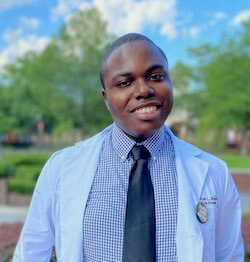
Jonathan Brisbon
You have cancer. Three words that still haunt me on a daily basis. I just sent in my primary application to medical school and life had a different plan for me. Stage III Nasopharyngeal Carcinoma to be exact and it would change my life forever. I was no longer the ordinary person who simply wanted to provide access to healthcare to those facing economic, geographic, and cultural barriers within medicine. I was the individual who fought cancer, racial disparities, and one who found a new found love of the medicine that saved his life. With this new mindset and humbleness associated with struggle, I plan to find a cure for cancer through research and good clinical practices. I plan to find a way to implement more screenings for impoverished populations so that our local community will not have to suffer in silence. I want to bring humanism back to medicine so that patients feel understood and heard and not be a victim of their disease.
I have an interest in a wide variety of specialties thus whichever one I am lucky enough to choose I will ensure it allows me to change medicine for the better. I even thought about pursuing a masters in public health in order to understand the impact of disease on different communities. I feel that this will give me a more holistic understanding of medicine and allow me to reach more patients. Therefore, I hope to be a crusader for those without a voice to obtain astounding healthcare.
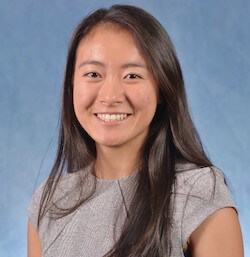
Serena Lian
Instead of a doctor, I almost became a forester. Having spent months living in a cabin in the woods and researching sick hemlock trees, it wasn’t until late in college that I realized I wanted to combine my interest in disease and health with the opportunity to impact human lives.
For me, medicine presents the opportunity for lifelong learning and leadership through service. I am going into Family Medicine because of the need for primary care in our country, but also because it will enable me to nurture a variety of interests. When I become an attending, I want to work with urban underserved populations in clinic and teach future generations of medical students and residents. I intend to pursue a sports medicine fellowship and help people of all ages regain movement. I plan to hold a weekly primary care dermatology clinic for uninsured patients. Most of all, I want to help patients attain good outpatient control over their ailments to minimize their risk of severe illness and suffering.
In my forestry research, the trees that lived in their natural wetland habitats and had better baseline health demonstrated stronger ability to withstand disease compared to trees that were stressed from being pushed onto dry ridges by human disturbance. In the same way, I believe that a crucial part of human health starts with lifestyle, environment, and early management of illnesses.
I look forward to carrying forth the lessons I learned from the trees as I serve my patients.
